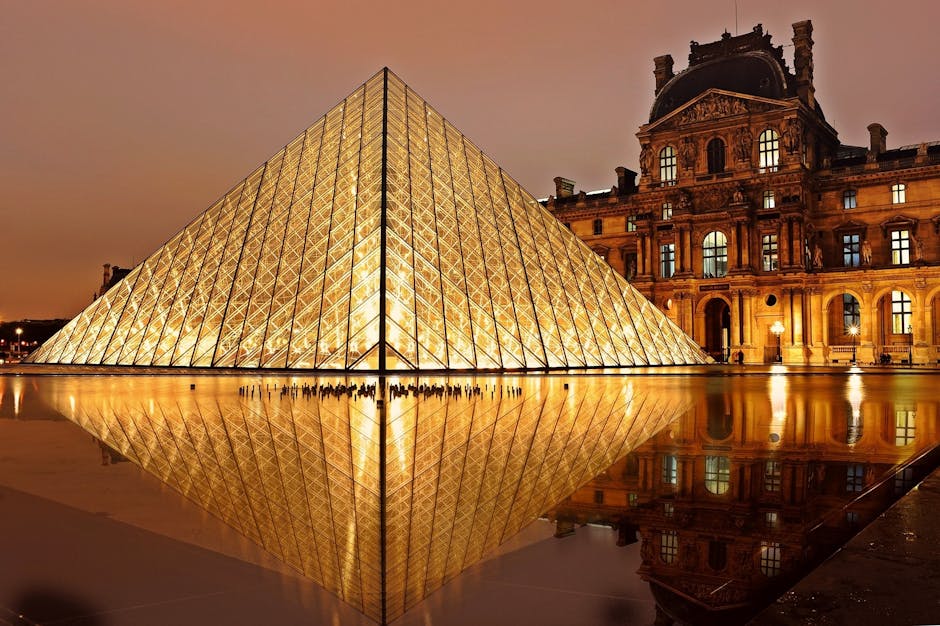UNESCO Board Backs Egypt’s Khaled el-Enany as Its Next Chief
In a landmark decision, the UNESCO Executive Board has endorsed Egypt’s Khaled el-Enany as its next Director-General. This move signals a new chapter for the United Nations Educational, Scientific and Cultural Organization as it tackles global challenges in education, cultural preservation, and scientific innovation. El-Enany’s nomination now awaits formal approval by UNESCO’s General Assembly in November 2023.
A Visionary Leader with a Proven Track Record
Khaled el-Enany, a distinguished diplomat and archaeologist, has been a driving force in Egypt’s cultural and tourism sectors. As Minister of Tourism and Antiquities since 2020, he spearheaded initiatives like the opening of the National Museum of Egyptian Civilization and the upcoming Grand Egyptian Museum, set to be the world’s largest archaeological museum. His work has not only preserved Egypt’s heritage but also boosted its economy and global standing.
UNESCO at a Crossroads
El-Enany’s nomination comes at a critical time for UNESCO, which has faced funding shortages, geopolitical tensions, and the need to adapt to the digital age. The U.S. withdrawal in 2017 and Israel’s exit were significant setbacks, but the U.S.’s recent decision to rejoin offers hope for renewal. El-Enany’s vision focuses on inclusivity, innovation, and global collaboration, aiming to address climate change, protect cultural heritage, and bridge international divides.
A Win for Africa and the Arab World
El-Enany’s selection is a milestone for Africa and the Arab world, marking the first time an Egyptian will lead UNESCO since its founding in 1945. His appointment reflects the growing influence of the Global South and recognizes the region’s contributions to global culture and knowledge. Egyptian President Abdel Fattah el-Sisi praised the nomination, calling it a testament to Egypt’s commitment to global peace and development.
Challenges Ahead
Despite widespread support, el-Enany faces significant challenges. UNESCO’s broad mandate includes promoting literacy, gender equality, and scientific innovation, while protecting world heritage sites. Securing sustainable funding, building consensus among member states, and addressing issues like cultural artifact restitution will require diplomatic skill and strategic vision.
A New Chapter for UNESCO
As the global community awaits el-Enany’s confirmation, there is optimism that his leadership will bring a fresh era of collaboration and innovation to UNESCO. His expertise in cultural heritage, diplomacy, and development positions him to lead the organization toward a more inclusive and impactful future.




